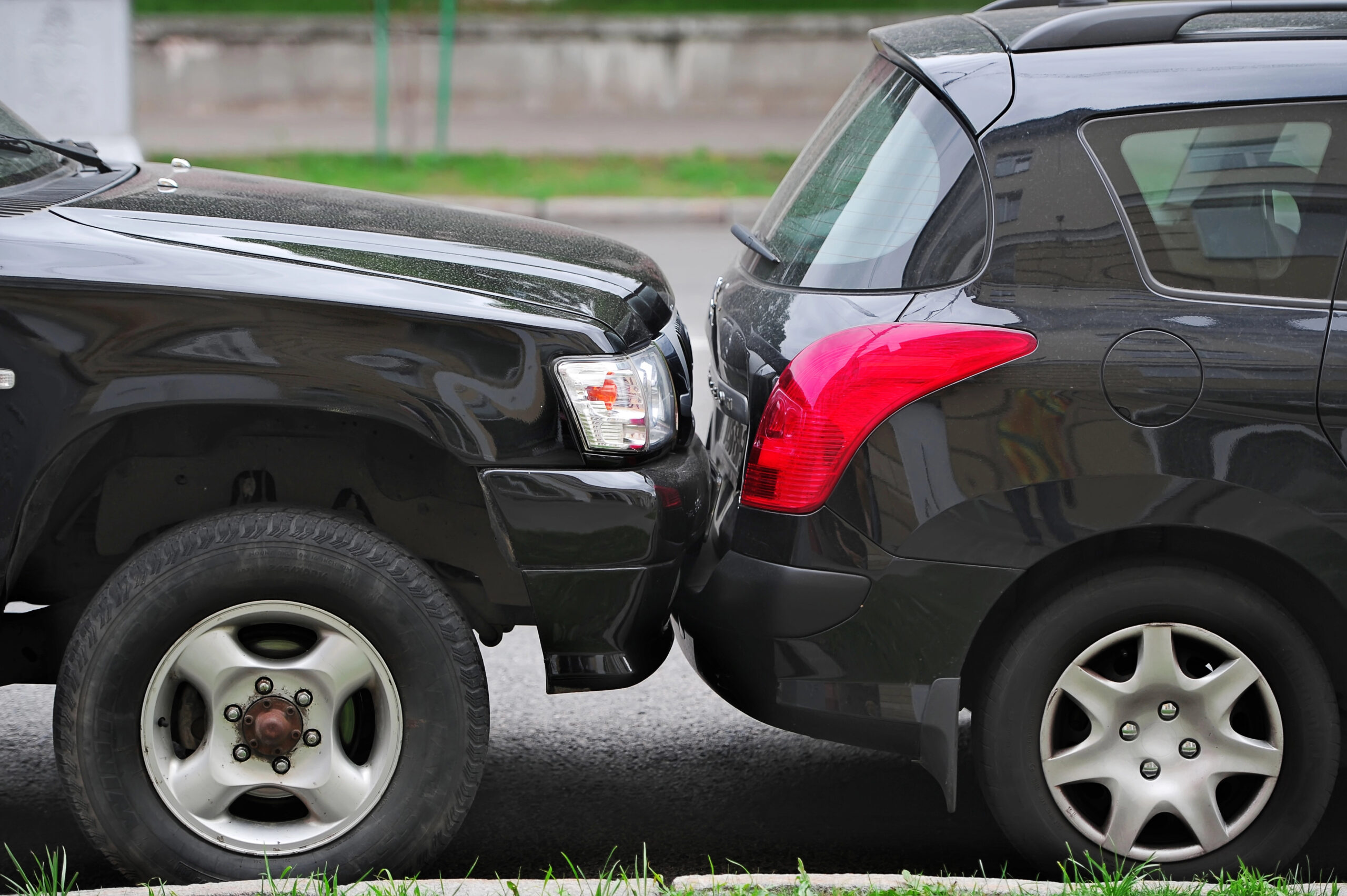Car insurance is legally required nearly everywhere in the U.S. Most lenders also require full coverage car insurance, which includes comprehensive and collision coverages, if you finance or lease a vehicle. Driving without insurance can result in expensive fines, license suspension and thousands of dollars in out-of-pocket costs if you’re in an accident.
Nearly every state requires car insurance coverage
Minimum liability coverage is mandatory in all U.S. states except New Hampshire, although the state still requires proof of financial responsibility. Some states also require coverage beyond liability.
Required basic minimum liability coverage
Liability car insurance falls into two categories:
- Bodily injury liability (BI): If you’re found at fault in a car accident that injures another person, BI helps cover their medical expenses up to your policy limits.
- Property damage liability (PD): If you’re found at fault in an accident that damages another person’s vehicle or other property, PD will help cover their expenses up to your policy limits.
Each state requires a minimum amount of BI and PD. Insurance requirements vary by state, but many states require liability limits of at least 25/50/25 — that’s $25,000 bodily injury liability per person, $50,000 per accident and $25,000 property damage liability.
Required additional coverages
Some state auto insurance mandates go beyond basic liability insurance and require drivers to purchase the following types of car insurance coverage:
- Uninsured/underinsured motorist coverage (UM/UIM), underinsured & uninsured motorist bodily injury (UMBI): If you’re hit by an uninsured motorist or someone who has insufficient liability coverage, UM/UIM/UMBI coverage kicks in. Many states only require uninsured motorist coverage for bodily injury, but some also require property damage insurance (UMPD).
- Personal injury protection (PIP): No-fault states require drivers to carry PIP, which helps pay medical bills for you and your passengers after an accident. It covers funerals, rehabilitation expenses, and lost wages up to your policy limits.
- Medical payments coverage (MedPay): MedPay is similar to PIP, but less comprehensive, as it only covers medical bills. It’s required for all drivers in Maine. New Hampshire also requires MedPay for drivers who purchase car insurance.
-
Cost of minimum car insurance by state, 2024
Is state minimum insurance enough?
Carrying only the state-required minimum insurance could leave you financially vulnerable after a serious accident.
Jerry’s experts analyzed thousands of real customers’ car insurance quotes to calculate how much it costs on average to increase liability limits. The more coverage you want, the more you should expect to pay.
|
Liability Limits
|
Avg Annual Quote
|
|---|---|
| 15/30 | $2,542 |
| 25/50 | $3,337 |
| 50/100 | $3,858 |
| 100/300 | $4,367 |
Insurance requirements for leased and financed vehicles
Most lenders require drivers to purchase full coverage insurance when they buy or lease a new vehicle. Full coverage insurance includes basic liability insurance as well as comprehensive and collision coverages. Here’s what those insurances offer:
- Comprehensive coverage: Pays out if your vehicle is damaged under certain circumstances, like in a natural disaster, theft or vandalism incident.
- Collision coverage: Pays out if your vehicle is damaged in a collision with a vehicle or object.
Full coverage costs vary depending on factors like your vehicle’s make and model, your driving record, and sometimes even your credit score. With that in mind, here’s how much our experts expect you to pay on average for full coverage from some of the top insurance companies:
|
Insurance Company
|
Avg Monthly Quote
|
Avg Annual Quote
|
|---|---|---|
| Grange | $122 | $1,470 |
| Freedom | $204 | $2,452 |
| Aspire Advantage | $221 | $2,649 |
| Safeco | $249 | $2,983 |
| Bluefire | $250 | $3,003 |
Penalties for driving without insurance
While penalties for driving without car insurance vary by state, here’s what you could expect if you can’t provide proof of insurance:
- Up to $5,000 in fines — even for a single offense.
- Driver’s license suspension for up to three years.
- SR-22 requirement, typically for about three years.
- Registration suspension in some states.
- Up to 90 days in jail.
- Vehicle impoundment: Optional in some states but mandatory for repeat offenders in North Dakota.
If you have violations or coverage lapses on your driving record, you’ll likely have to pay higher premiums once you get your license back.
FAQ
-
Do I need car insurance to buy a new car?
-
How can I learn more about car insurance laws by state?
-
What is the penalty for driving without insurance?

Megan Lee is an editor, writer, and SEO expert who specializes in insurance, personal finance, travel, and healthcare. She has been published in U.S. News & World Report, USA Today and elsewhere, and has spoken at conferences like that of NAFSA: Association of International Educators. Megan has built and directed remote content teams and editorial strategies for several websites, including NerdWallet. When she`s not crafting her next piece of content, Megan adventures around her Midwest home base where she likes to drink cortados, attend theme parties, ride her bike and cook Asian food.

Everett Cook is an award-winning journalist and editor with more than 10 years of experience across a variety of industries. In editing for Jerry, Everett’s mission is to help readers have a better understanding of the costs of owning or leasing a car and to better understand their vehicle in terms of insurance and repairs. Prior to joining Jerry, Everett was an editor for Axios. His previous work has been featured in The New York Times, The Los Angeles Times, The San Francisco Chronicle, The Atlantic, Atlantic Re:think, The Boston Globe, USA Today, and others. He’s also been a freelance writer and editor with experience in SEO, audience building, and long-term content roadmaps. Everett is a proud graduate of the University of Michigan.








